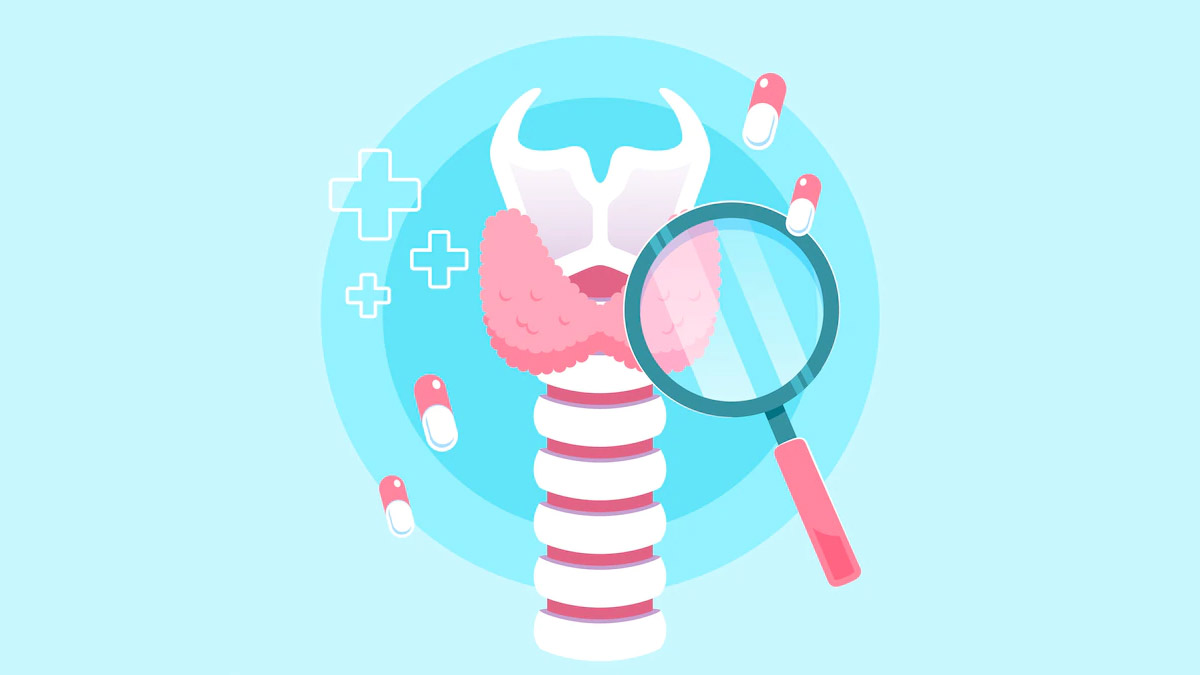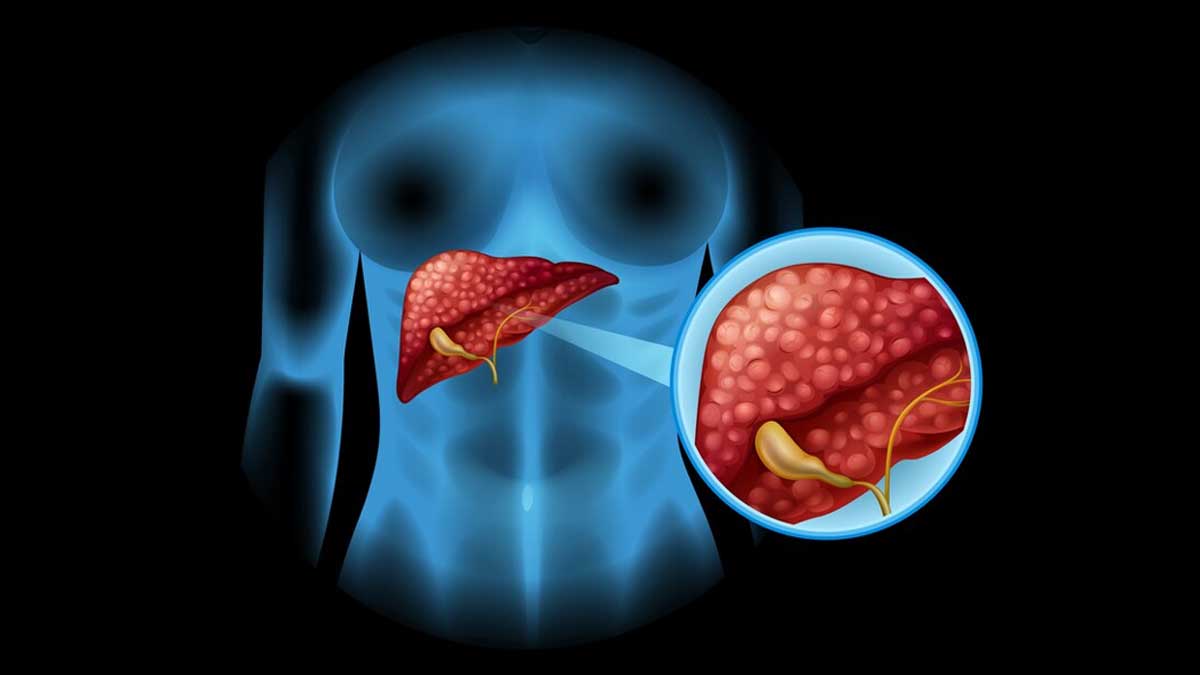
Losing weight without trying might seem like a fortunate turn for some, but it can also signal underlying health issues that shouldn't be ignored. Unexpected weight loss can stem from a variety of causes, ranging from stress to serious medical conditions. Here are 15 reasons that could be behind unintentional weight loss:
Table of Content:-
Overactive Thyroid Or The Hyperthyroidism
“An overactive thyroid gland produces too much thyroid hormone, accelerating metabolism and leading to rapid weight loss. Other symptoms may include increased heart rate, anxiety, excessive sweating, and difficulty sleeping,” said Dr Sujeet Jha, Principal Director of Endocrinology, Diabetes & Obesity, Max Super Speciality Hospital, Saket.
Diabetes
Unexpected weight loss can be an early sign of type 1 or type 2 diabetes, as your body isn’t able to get energy from glucose effectively. Frequent urination, thirst, and hunger are also common symptoms.

Depression
Depression can affect the appetite significantly, leading to a loss of interest in eating and subsequent weight loss. It's also associated with changes in sleeping patterns and energy levels.
Celiac Disease
This autoimmune disorder prevents the absorption of gluten, leading to weight loss, bloating, and diarrhoea. It damages the small intestine, affecting nutrient absorption.
According to the National Library of Medicine, one of the most common signs of celiac disease in older persons was weight loss. After treatment, not only were symptoms entirely cured, but participants gained an average of 17 pounds (7.75 kg).
Also read: Weight Loss To Better Digestion; 8 Reasons To Add Coconut Oil To Your Routine
Chronic Obstructive Pulmonary Disease (COPD)
Conditions like chronic bronchitis and emphysema can make breathing difficult, increasing the body's energy needs and leading to weight loss.
Cancer
Various types of cancer can cause unintentional weight loss. It's often accompanied by other symptoms, such as lumps, fatigue, or changes in bowel habits.
Addison's Disease
Addison's disease is also called adrenal insufficiency, is a rare ailment that arises when the body does not produce enough of specific hormones. Addison's disease occurs when the adrenal glands produce insufficient cortisol and, more frequently, insufficient aldosterone.
As per MayoClinic, this disorder affects your adrenal glands, leading to low levels of certain hormones, which can cause weight loss, fatigue, and skin darkening.
Also read: Weight Loss To Better Digestion; 8 Reasons To Add Coconut Oil To Your Routine
Gastrointestinal Disorders
Conditions affecting the digestive system, such as Crohn's disease, ulcerative colitis, and peptic ulcers, can lead to weight loss due to malabsorption of nutrients.

Heart Failure
Advanced heart failure can cause weight loss. As the heart's pumping action is compromised, fluid may build up in the body, causing nausea, reduced appetite, and rapid weight loss.
HIV/AIDS
HIV can cause weight loss by affecting the body’s ability to absorb nutrients and leading to decreased appetite and increased metabolic rate.
Tuberculosis
This infectious disease primarily affects the lungs and can cause significant weight loss, along with a persistent cough, fever, and night sweats.

Parkinson's Disease
Parkinson’s can lead to weight loss due to difficulties with eating and swallowing, as well as increased energy expenditure from tremors and involuntary movements.
Dental Problems
Oral issues, including gum disease, tooth decay, or denture problems, can lead to pain while eating, resulting in decreased food intake and weight loss.
Substance Abuse
Alcohol, drugs, and other substances can lead to weight loss by affecting appetite, causing nausea and vomiting, and leading to lifestyle changes that neglect nutritional needs.
Medications
Certain medications can cause weight loss as a side effect, including chemotherapy drugs, thyroid medications, and some treatments for psychiatric conditions.
If you are suffering unexplained weight loss, you should check with a healthcare expert. They can assist in identifying the underlying problem and developing an effective treatment approach. Remember, while some causes may be trivial, others necessitate immediate medical intervention to address serious health hazards.
Also watch this video
How we keep this article up to date:
We work with experts and keep a close eye on the latest in health and wellness. Whenever there is a new research or helpful information, we update our articles with accurate and useful advice.
Current Version